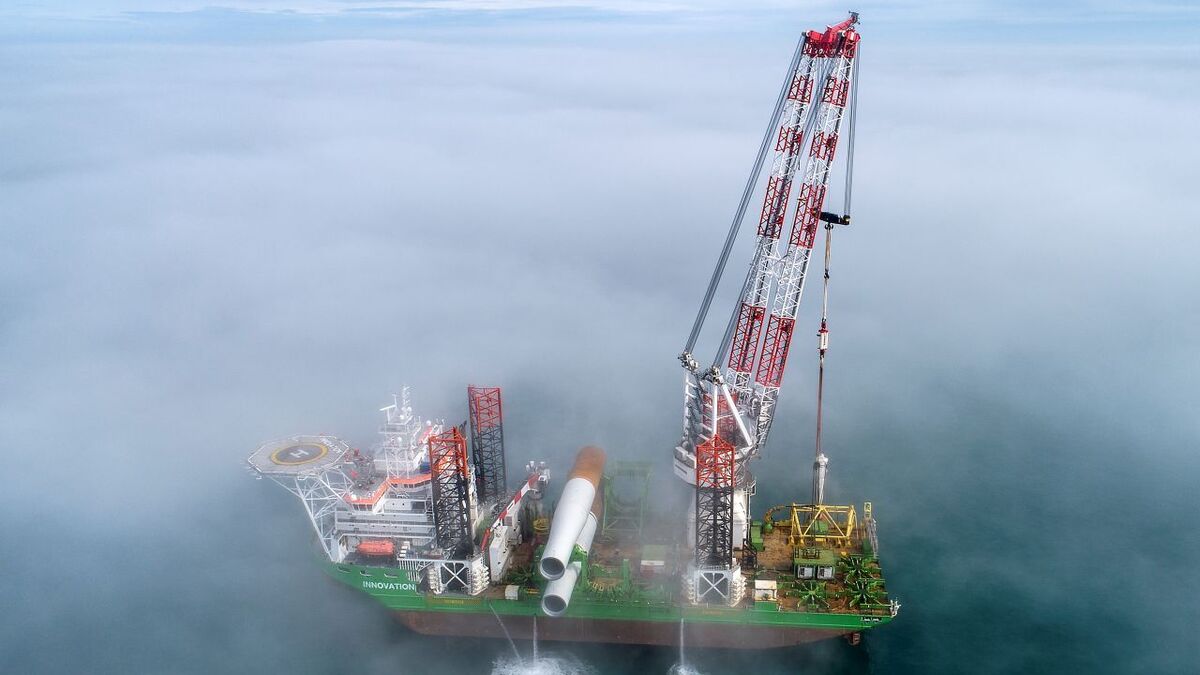The UK’s North Sea Transition Authority (NSTA) has set new cost efficiency targets for redundant oil and gas infrastructure in a move that is expected to boost the decommissioning sector
In a statement the NSTA said the decision to impose efficiency targets would “not only benefit the Treasury but will also free up money to be invested in energy security and the transition to net zero.”
While the North Sea industry has managed to cut the overall cost estimate for decommissioning by 25%, or £15Bn since the start of 2017, the NSTA believes the sector can improve and eventually lower the total estimate for decommissioning redundant infrastructure by an additional 10%, from £37Bn to £33.3Bn, between 2023 and the end of 2028.
Keeping costs under control is good for industry and the UK public, as the money saved can be invested in new production as well as emissions reduction projects, such as carbon capture and storage and platform electrification.
Over the next decade a number of fields are expected to cease production permanently. These sentiments are echoed by the industry: Offshore Energies UK, an industry body, forecasts a surge in decommissioning projects to close more than 2000 North Sea wells over the next decade.
NSTA pegs the decommissioning cost of those assets at about £22Bn, and called it a “great opportunity for the supply chain to get more work under its belt, create new jobs and work with operators on more efficient approaches.”
NSTA said the 10% target was agreed on following consultation with industry and is based on NSTA decommissioning benchmarking and actual cost savings secured by the sector’s top quartile performers in recent years.
The regulator reiterated that the objective is “achievable, but also ambitious and challenging in light of inflation and because much of the potential savings have already been made.”
The new target will be applied to the actual cost of completed projects, as well as the overall estimate. In the past five years, reductions to estimates were reflected in the final cost of projects and the NSTA wants industry to continue this trend, adding that the regulator will keep pushing laggards to catch up with top performers.
In a statement, NSTA said “Companies are encouraged to plan early, adopt innovative commercial models such as well decommissioning campaigns, repurpose infrastructure, and use new technology, in line with the NSTA Decommissioning Strategy.”
NSTA’s Head of Decommissioning, Pauline Innes said “We have rightly praised industry for the work it has already done to save billions of pounds on decommissioning, but now is the time to press home the advantage. This new target will help keep up momentum and strengthen our industry’s reputation for safe, efficient and economical offshore project execution.”
Additionally, this week NSTA began investigating an (unnamed) oil and gas company for allegedly flaring and venting in the North Sea without consent. The probe could result in a fine or revoking the company’s licence.
Flaring and venting accounted for 26% of emissions from oil and gas production activities in the UK North Sea between 2018-20 and there is pressure to reduce the activity to help meet emission reduction targets agreed in the North Sea Transition Deal and to lower gas waste.






